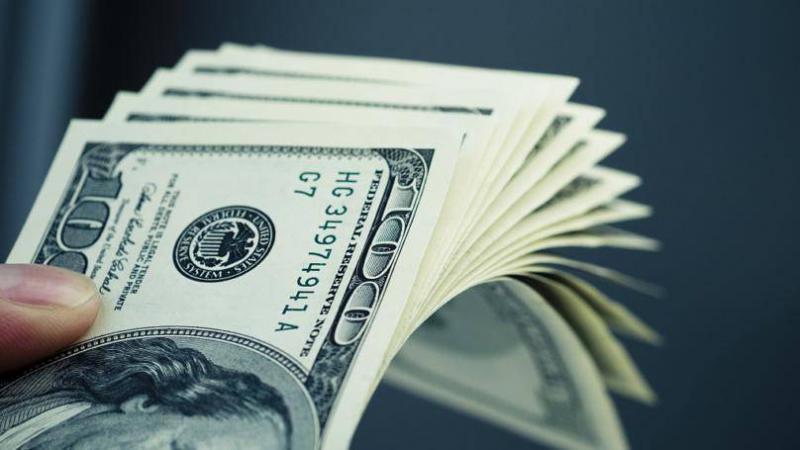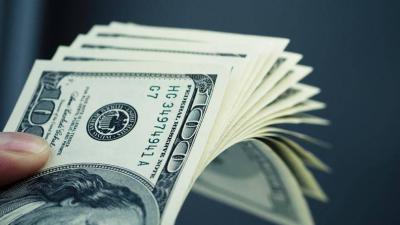Regardless of the fact that what tourism sector officials earn during the summer season does not enter the Lebanese economy but rather goes into the coffers of tourism institutions, one must inquire about the "species" of a country that announces it has surpassed one and a half million visitors during the summer season and recorded profits of about $4.5 billion from that activity within about two months while it struggles to obtain $3 billion from the "International Monetary Fund"?
If a country is capable of generating $4.5 billion, outside of its official treasury, from visitors during a summer season, and if most of these are Lebanese expatriates, given that "no foreign tourists" are keen to enjoy their time in a besieged country lacking electricity, water, medicine, and healthcare, amidst nearly daily life problems regarding bread and fuel... If that country can devise plans and projects for sports and entertainment tourism for the winter season as well, which requires significant spending, (if it can...) why do we find it chasing a program with the "International Monetary Fund," worth $3 billion, no more, which is less than the revenue from one tourism season?
Former Minister Fadi Abboud pointed out that "the spending by expatriates and tourists in Lebanon does not enter the state treasury, but alleviates pressure on the dollar. However, as we saw, tourism activity during the summer did not alleviate the pressure on the dollar, which has seen significant increases in recent months on the black market." He noted in an interview with "Akhbar Al-Yawm" agency that "as for the waste in the country that can affect Lebanon's reputation before the "International Monetary Fund" delegation, it is a chronic issue. For example, take the law that was issued on August 12 of last year, which requires anyone who has collected a fee or tax in U.S. dollars to pay the dues owed to the Lebanese state in U.S. dollars as well, rather than in Lebanese pounds as was previously done, ignoring all the dues of the Lebanese state in this regard, between the onset of the crisis in the fall of 2019 and August 12, 2022."
He added, "If we calculate the dues of the Lebanese state in this regard between October 2019 and August 2022, and despite the fact that the black market dollar was not as it is today in the early stages of the crisis, we arrive at hundreds of millions of dollars that have been wasted from the state due to this law. If these figures were presented to the officials at the "International Monetary Fund," they might expel any Lebanese who speaks of Lebanon's need for a program. When we talked about this point, we found no one willing to listen; instead, they wanted to eliminate any possibility of retroactive effect on this law since the onset of the crisis, even though the retroactive effect would support the state treasury."
Abboud emphasized that "the tourist season could double the revenue achieved this year if ticket prices for travel were corrected. For instance, why accept that all airlines operate flights to cities and capitals in surrounding countries, like Cairo, Amman, Istanbul, and others, at prices that are much lower than the fare to Beirut? Competitive prices are sufficient to stimulate tourist movement towards Lebanon more."
He concluded, "We call for addressing this situation, as competition encourages price reductions and increases the number of visitors to Lebanon in all seasons."




